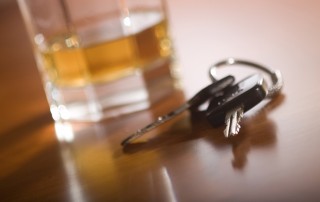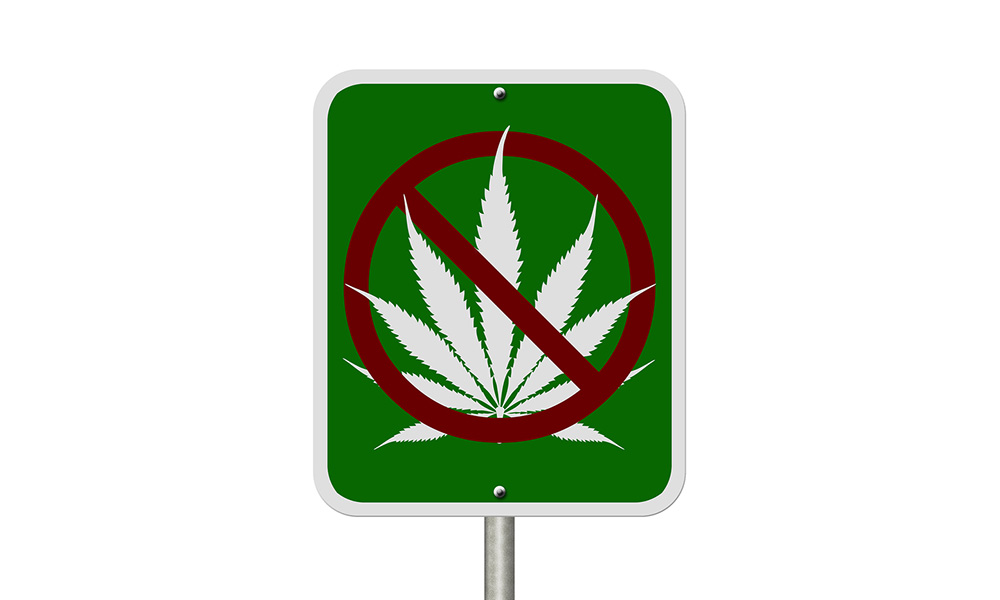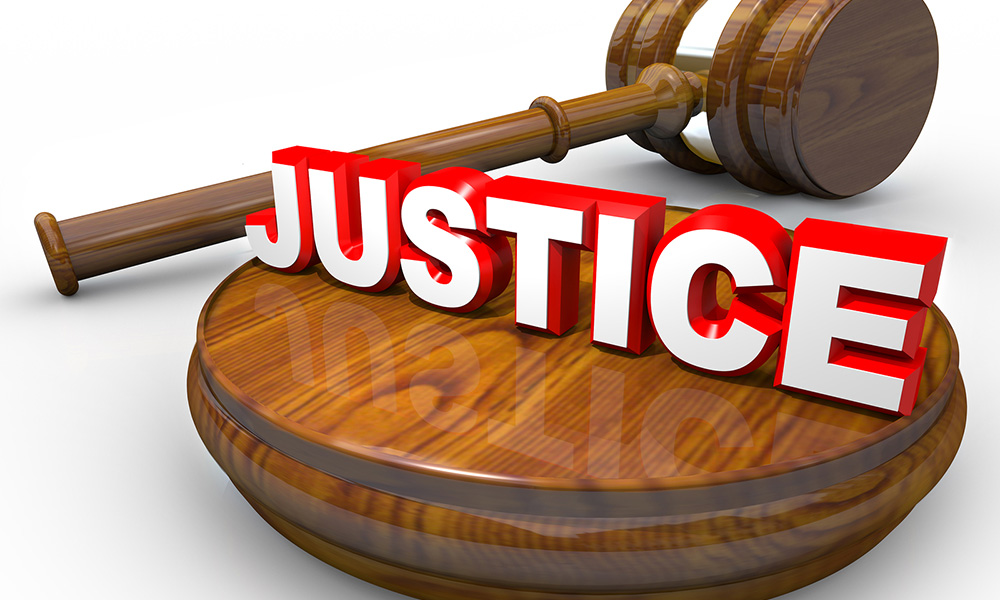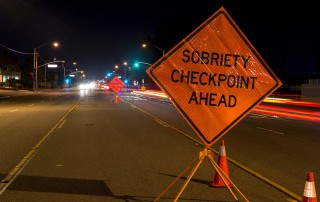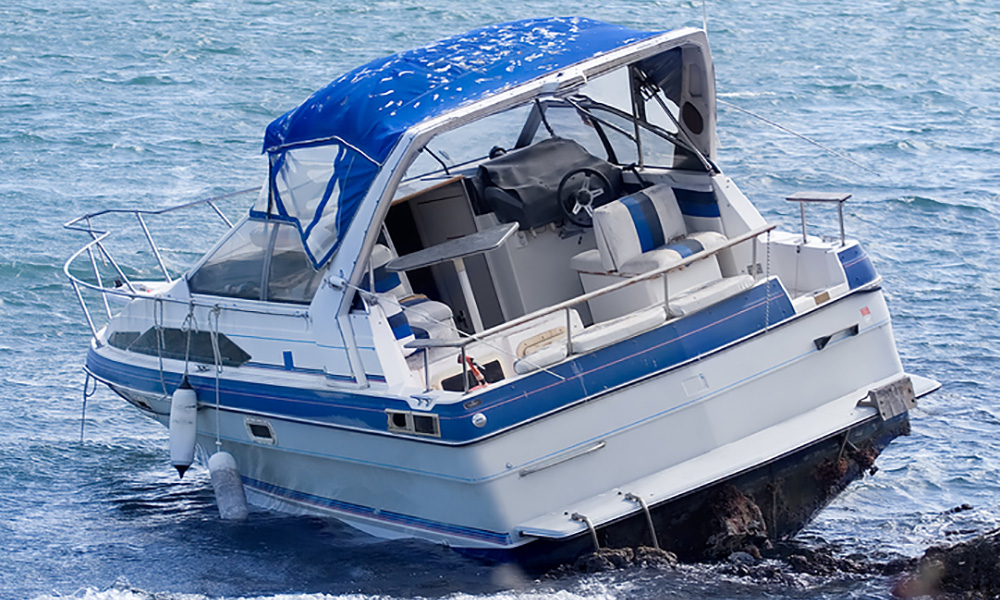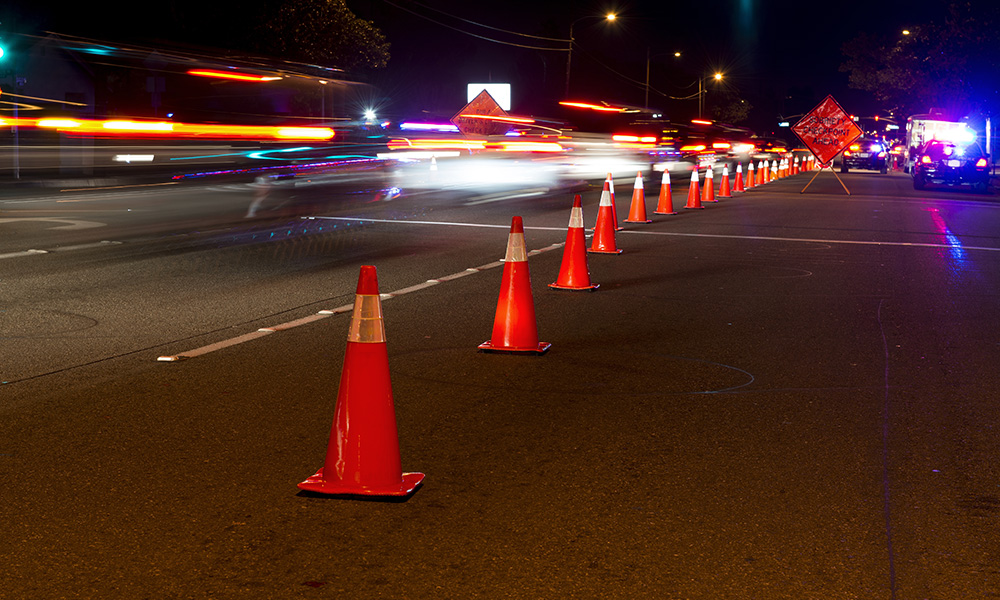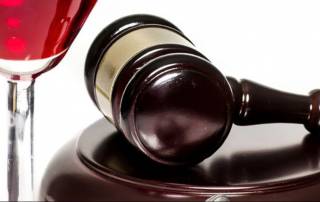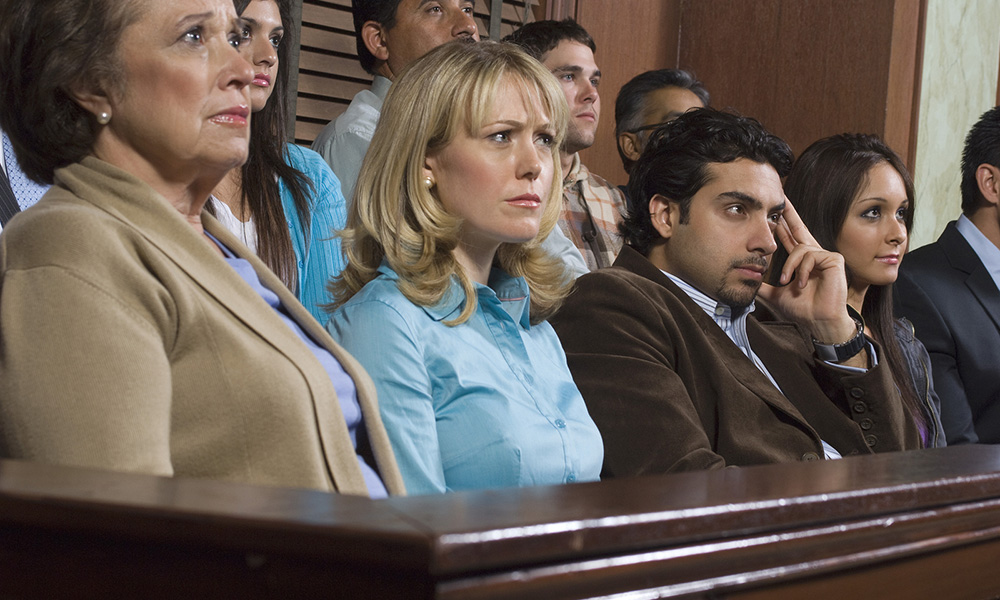Although the courts in twelve states do not allow police agencies to conduct sobriety checkpoints, sobriety checkpoints are legal here in New York. The police officers at sobriety checkpoints conduct “random” traffic stops to determine if drivers are too intoxicated to drive. If you are stopped by police officers at a New York DWI checkpoint, and if you are then arrested and charged with driving while intoxicated, you are in grave legal trouble. You’ll need to retain as quickly as possible the advice and services of an experienced Long Island DWI attorney.
Since the police need “probable cause” to stop you, how can DWI checkpoints be legal? The U.S. Supreme Court has for all practical purposes created a loophole and made an exception for sobriety checkpoints, reasoning that the state’s obligation to protect the public outweighs the imposition upon drivers and the limited violation of their privacy rights. Still, the police must follow strict guidelines while conducting a sobriety checkpoint. The times and locations of checkpoints must be made available to the public in advance, and signs must be posted informing drivers that they are approaching a DWI checkpoint. Weekends and holidays are typically when the police conduct sobriety checkpoint operations.
In New York, a conviction for driving while intoxicated can lead to some harsh penalties that follow you for the rest of your life, and if you’re charged with DWI, you’ll need to contact an experienced Long Island criminal defense attorney immediately. In New York, the legal blood alcohol content level (BAC level) for drivers is 0.08 percent. Plenty of New Yorkers can drive safely at that exceptionally low level of intoxication, but some drivers can’t. If you are able to drive safely with a BAC level of 0.08 percent, it’s just too bad. Everyone has to comply with the same law. The laws are different in New Jersey, so it is best to advise a New Jersey DWI Attorney.
Even if you’ve had “just one” in New York and you’re under the legal limit for DWI, you could still be charged with DWAI (driving while ability impaired). DWAI is a traffic infraction rather than a misdemeanor or a felony, but if you’re charged and convicted, you could still face some very disagreeable consequences. You can be charged with DWAI if your BAC level measures between 0.05 percent and 0.07 percent and you are unable to operate a motor vehicle safely. A conviction for DWAI could send you to jail for 15 days and cost you up to $500.
If you are stopped and arrested for driving while intoxicated at a DWI checkpoint, politely exercise your right to remain silent, and then obtain legal help as quickly as you can. An experienced DWI lawyer can gather evidence and question witnesses while looking for the flaws and mistakes in the prosecutor’s case against you. Don’t wait to retain legal counsel. If you are charged with DWI in Mineola, Nassau County, Suffolk County, or anywhere in New York City, now or in the future, at a sobriety checkpoint or in any other situation, fight the charge and take your case immediately to an experienced Long Island DWI defense lawyer.





